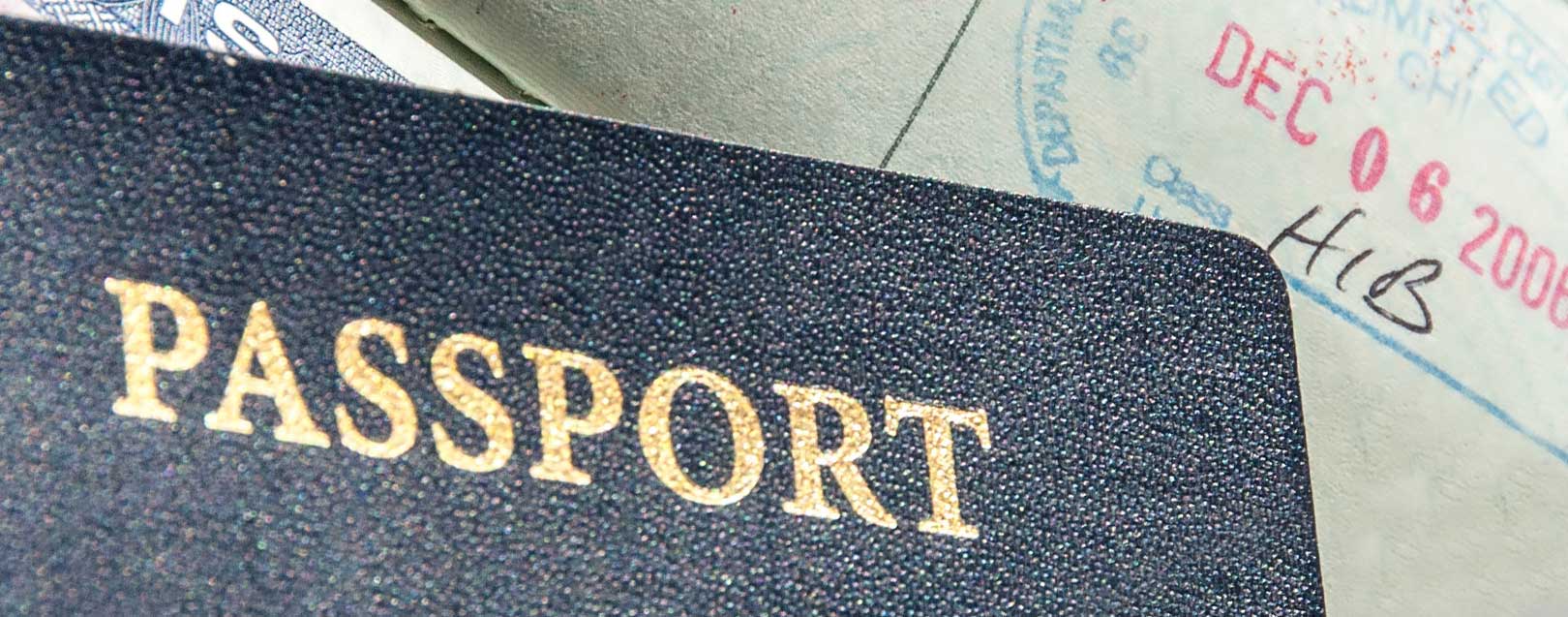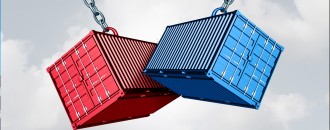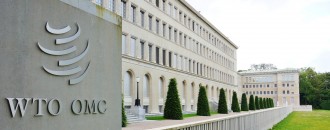
Indian IT bigwigs to lobby with policy makers in Washington
The Dollar Business Bureau
Amidst fears of a stricter US Visa regime and an overhaul of the H1-B visa program, Indian IT bigwigs are to meet power-wielders in Washington DC later in February. The meet will underscore the ongoing 'economic partnership' being built between the two countries, alongside lobbying for a softer approach to alterations in the H1-B visa regime.
Trump's election promise of scrapping H1-B visa has shook India's largely export dependent IT sector, which gets 60% of its export business from USA. The special visa was incorporated for businesses in USA to hire foreign talent in the field of STEM (science, technology, engineering and mathematics). Since America faces a shortage of qualified people for such technical jobs, the program is mutually beneficial to both nations. The recent uproar and opposition in USA comes from the view that the H1-B visa is being misused to give away low-key American jobs to cheap labour from countries like India.
The Indian IT sector sends employees on-site via H1-B visa to service clients in USA. A revamp of the program will force IT majors like TCS, Wipro, Infosys to rethink their business model and become less visa-dependent. "The proposal to more than double the salaries of H1-B visa holders from a current average of $60,000 to $1,30,000 is going to have a grave impact on margins. But this has been a long-time coming, and IT CEOs have strategised accordingly," said V Ranjana, VP and Regional Head, TCS.
The $150 billion IT industry has been the hot potato of Donald Trump's foreign policy impact on India. Many are of the opinion that abolishment or excessive tightening of the H1-B scheme will be just as detrimental to USA, considering the value addition made by Indians to the US tech industry. It remains to be seen if the delegation of Indian IT representatives will be successful in presenting this view at the negotiating table and phrasing it not just as a plea but as an undesirable move even for USA.
During 2016, Indian IT players saw slow growth in their businesses, as US delayed spending to gain clarity on the direction and policies of the new White House incumbent. Going forward, IT companies, in order to insulate themselves from such regulatory threats, plan to hire more locally, acquire US companies with local workforce, and accelerate automation.






 to success.
to success.